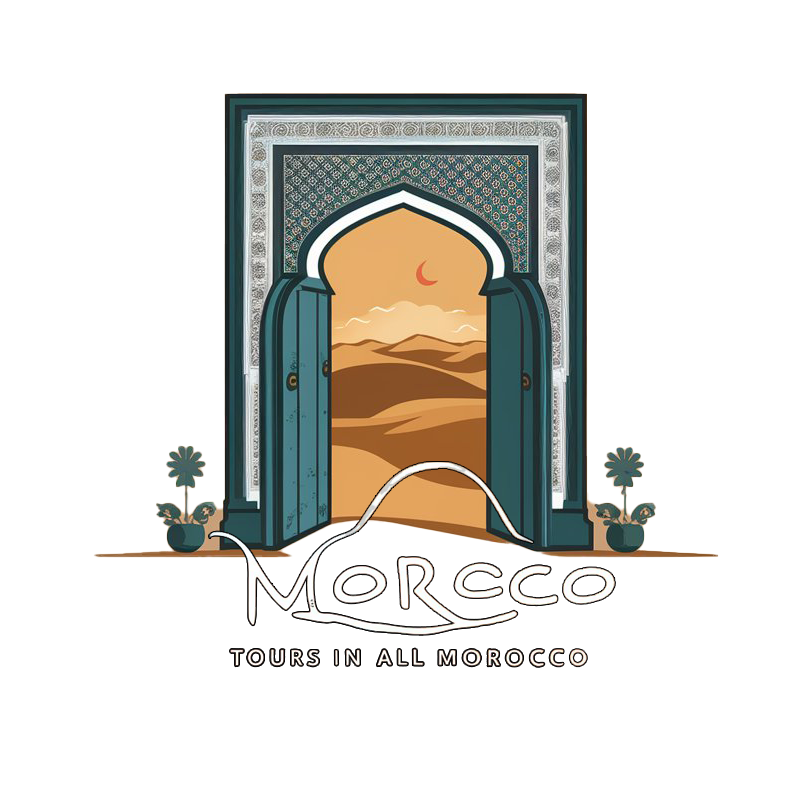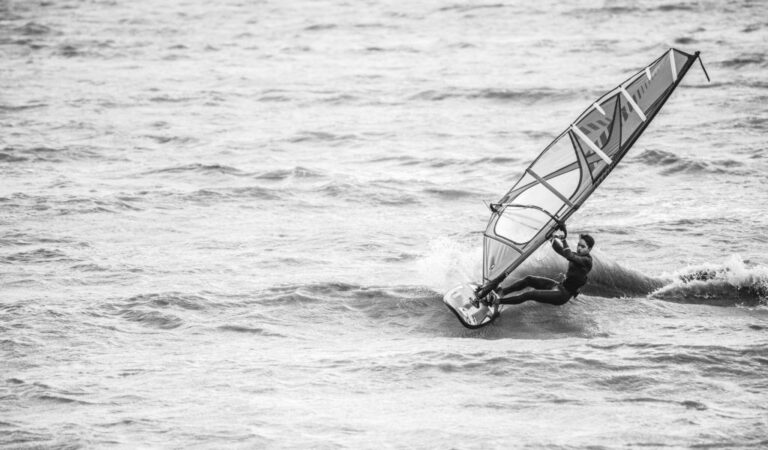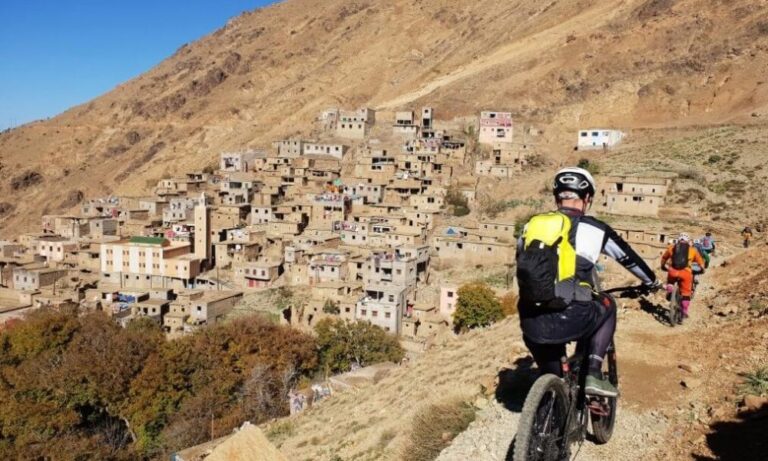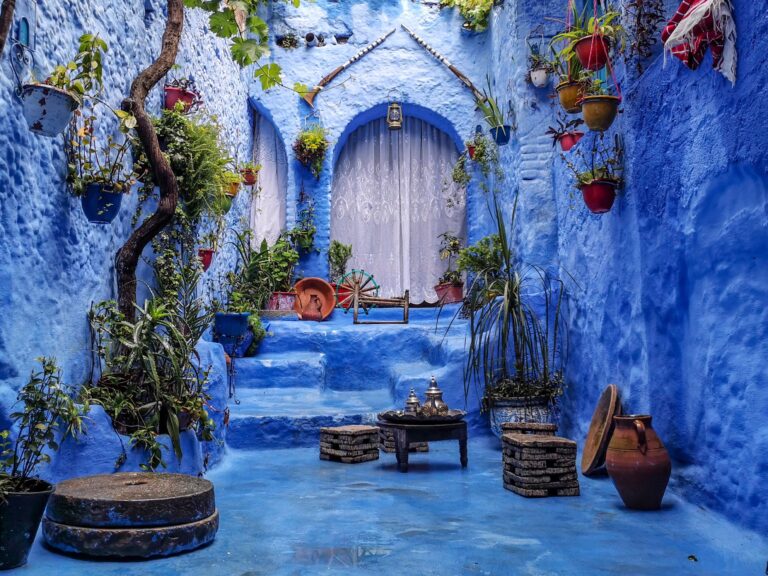Table of Contents
ToggleWhat You Must Know About Morocco :
Being ready for your travel or trip does not include only getting all your stuff ready and packing everything, but also being aware of everything you must know About this Place, especially now that you are going to a foreign country like Morocco. Therefore answering the question of what you must know About Morocco? Is one of the things you should look for.
I- Visa to Morocco:
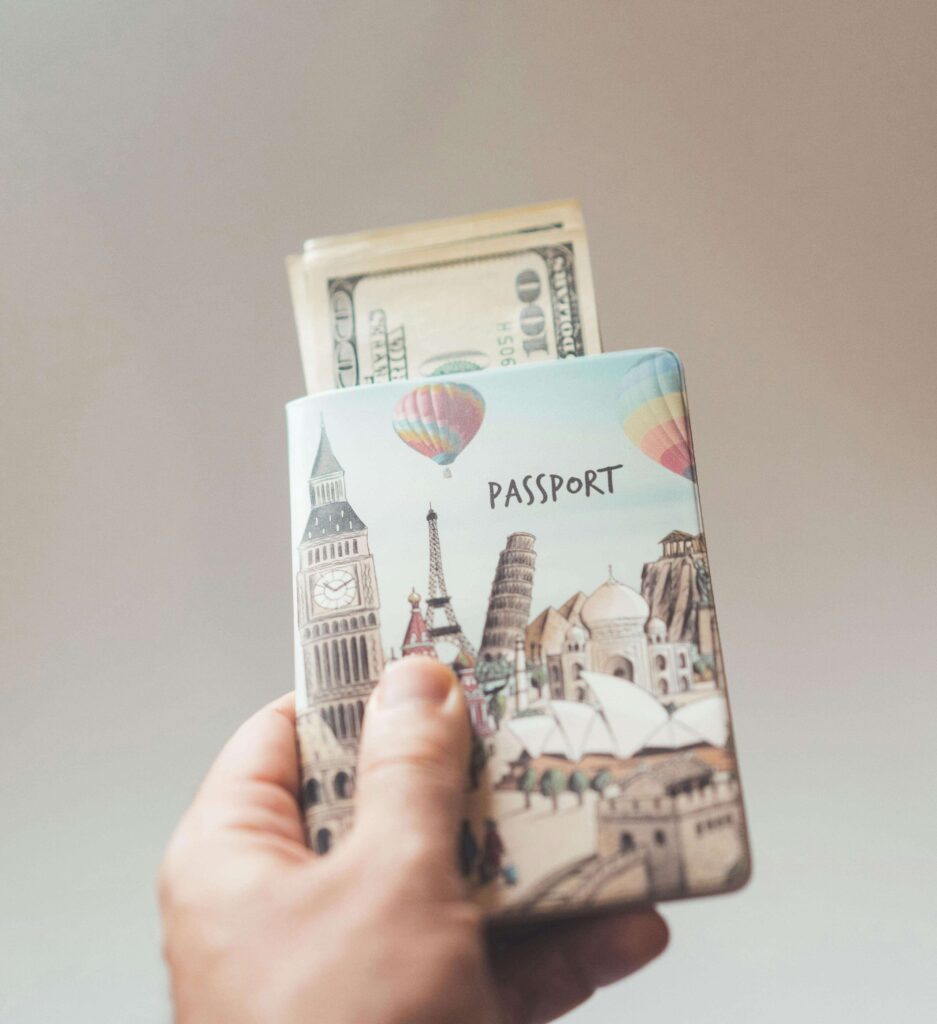
Morocco is a welcoming destination, however, some countries need visas to get into Morocco. For most foreign nationals, such as Americans, Canadians, Australians/New Zealand, Europeans, and other passport holders, in length is restricted to three months (90 days), If your stay is longer you will need to apply for an extension visa with a local police station.
Travel regulations are known to change without notice to the public. We recommend before you travel check the current regulations with Travel Exploration or the Moroccan Embassy in your country.
Visa Policy Map of Morocco:
Passport Required | Visa Required | ReturnTicket Required | |
British | yes | No | Yes |
Australia &New Zealand | Yes | No | Yes |
Canadian | Yes | No | Yes |
USA | Yes | No | Yes |
Other EU | Yes | No | Yes |
Japan | yes | No | yes |
South Africa | Yes | Yes | Yes |
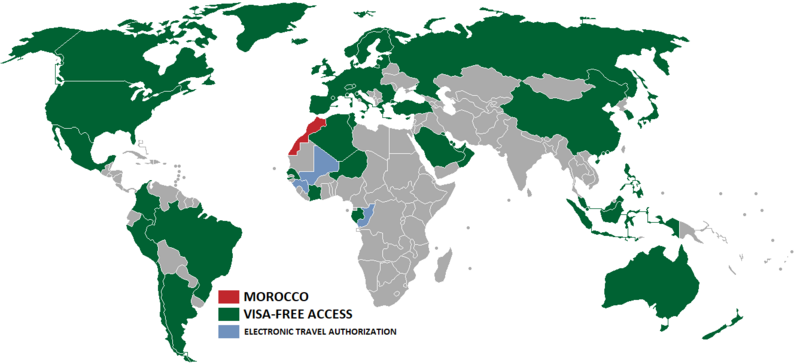
II- Exchanging Money in Morocco :
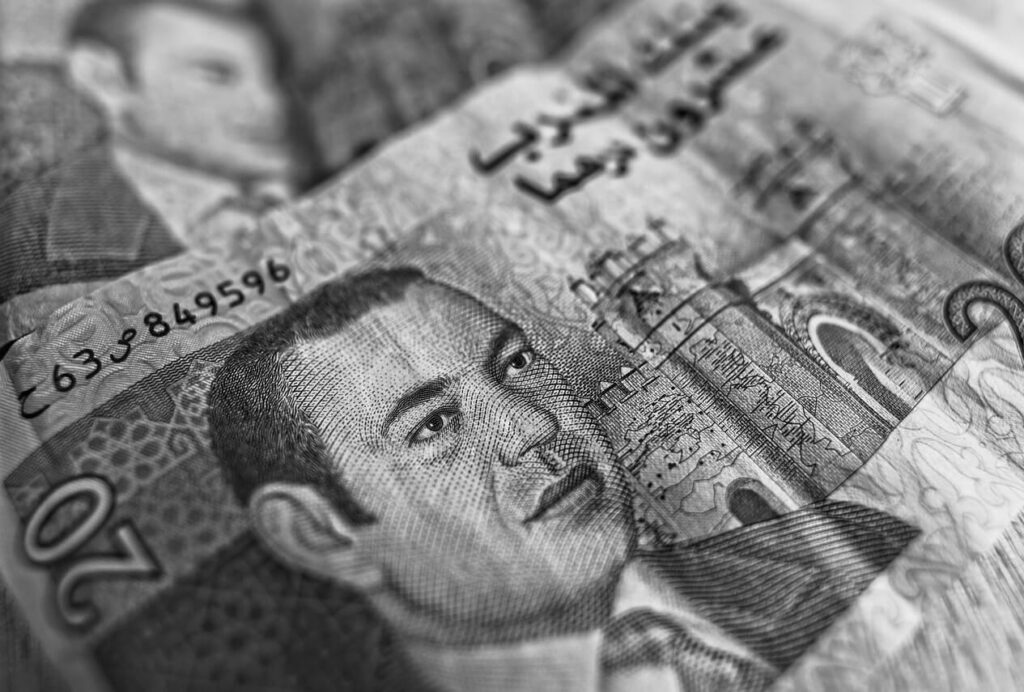
The official currency of Morocco is one of the things you must know about Morocco. The official currency of Morocco is the Dirham commonly represented by the symbol (DH) and consists of coins and banknotes, and it’s a closed currency, meaning that technically you can’t buy or sell it outside of Morocco, So you’ll need to wait until you arrive in Morocco to exchange your cash (currency) to Dirhams.
Dirham Symbols & Names | MAD |
1 MAD | Each Dirham is divided into one hundred Santimat |
MAD coins | Coins are issued in denominations of 1, 5, 10, and 20 Santimat, and 0.5, 1, 2, 5, and 10 Dirhams. |
MAD banknotes | For larger denominations, there are banknotes in circulations; 20, 50, 100, and 200 dirham banknotes. |
The official currency of Morocco is the Dirham commonly represented by the symbol (DH) and consists of coins and banknotes, and it’s a closed currency, meaning that technically you can’t buy or sell it outside of Morocco, So you’ll need to wait until you arrive in Morocco to exchange your cash (currency) to Dirhams.
the best way to get Moroccan currency is by ” ATMs”, and they are everywhere in the country. Starting from the international airports of Morocco, which have a currency exchange counter.
There are very small differences in fees between banks and exchange counters because the Exchange rates are fixed by law and charging high commissions is forbidden.
Credit cards are not widely accepted, except at big hotels, major department stores & supermarkets, and some highly touristy shops, So it would be better to take cash with you all the time just in case you need it, Which You will need it if you wanted to use for example“taxis”, get some water bottles from small stores, or benefit from the other different small services.
Be aware: that Australian and Canadian dollars are not usually accepted, so the best thing to do is to stick with euros, U.S. dollars, or British sterling. If you can’t pay directly with these currencies, then you should be able to make a simple exchange to Dirhams when you need to.
In case you exchange in Morocco, keeping the receipts is the best thing to do so that you can exchange any leftover Dirhams at the end of your travel, or even better, you can just spend everything while you’re traveling in Morocco so you can avoid being hit twice for fees.
III- Internet and Phone:
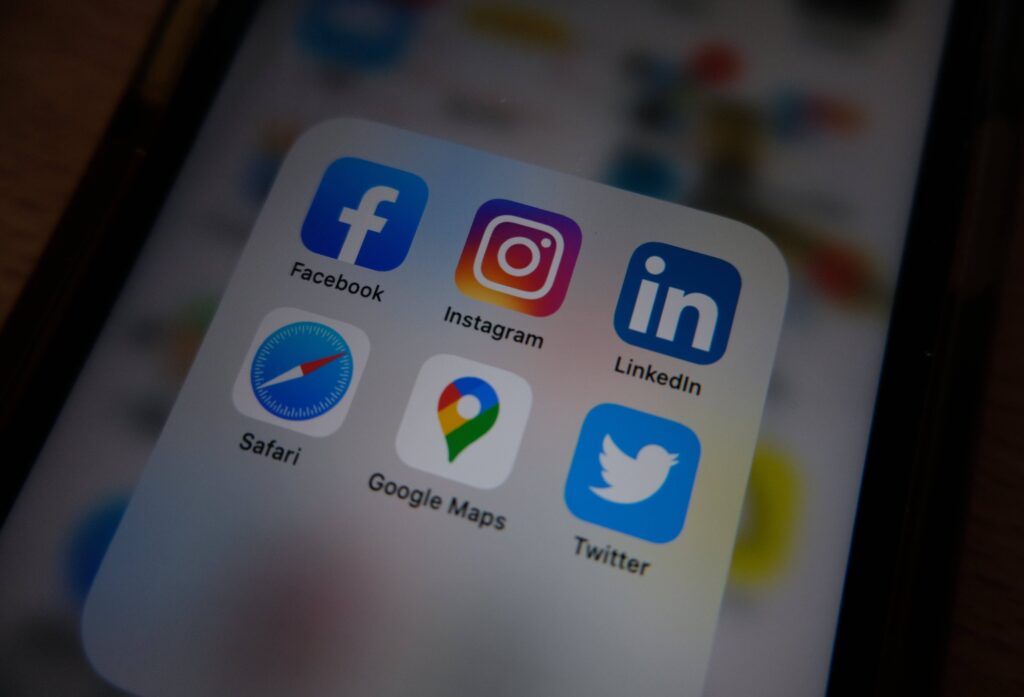
For visitors who need to be connected all the time or at least for a moment throughout the day, you do not have to worry about that, because the majority of “Riads” and hotels or even restaurants have Wi-Fi. Usually, Wi-Fi is best in the public areas of the Riad or the hotel, like the central courtyards. Or you can just purchase a SIM card in Morocco and have a local Moroccan number. You can use it to make calls in Morocco and receive them and also use it to get mobile data and stay connected.
The Internet in Morocco is readily available and reliable, but it’s not always the case in every hotel. Skype, FaceTime, and social media apps should work just fine for you if you’d like to make calls at home and get in touch, so traveling with your laptop or tablet would be nice.
Morocco uses a GSM network common in Europe and has very good coverage throughout the country. If you would like to use your phone abroad, contact your phone provider to ensure that your mobile phone will work in Morocco. If you have an unlocked smartphone, you can purchase a SIM card in Morocco and have a local Moroccan number that you can use to make calls and receive them, also to get mobile data and get connected to the online world… We recommend Maroc Telecom for the best coverage and rates.
The country code of Morocco is +212. Morocco uses a 220-volt system with double-pronged plugs common in Europe (Type E -Type C).
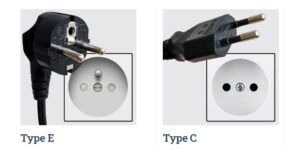
That’s why it would be better to bring an EU adapter just in Case. Most personal electronic devices in the world (computers, tablets, and phones) are set up to accept 110-220 volts. Check your items before traveling.
IV- Health in Morocco:
Public hospitals, pharmacies, and dentists are located in every city and town. Hospitals and clinics are open 24 hours and 7 days a week, as are certain pharmacies. When you looking for a pharmacy, look for the white sign with a green crescent moon on it. You can buy prescription medications as well as motion sickness medicine without a doctor’s note. The price of medicine is inexpensive.
It’s important to visit Morocco with good health insurance. Hospitals in Morocco do not benefit from the same standards that would be found in Europe or North America.
Add to your information that the public hospitals in Morocco are not That good. Private hospital care in the country may be expensive but good.
V- Is Morocco Safe?
Tourism in Morocco is growing at an incredible rate. Because of this, the level of security in the country is upgraded every year. The Moroccan government dedicates a lot of resources, especially human resources, to ensure that the tourists are safe while they are in Morocco; this includes tourist police and highly competent guides.
So if you ask me if Morocco is a safe Country to travel to? the answer gonna be yes, for sure. And also regarded as one of the most stable countries in North Africa
Moroccans are very welcoming people and they love to share their traditions with foreign tourists. Even though I won’t say that there is no crime and it’s 100% safe, It is just that these crimes never target tourists or foreigners.
The only crime that you might encounter in the country (although it’s very unlikely) is petty crime such as pick-pocketing snatching your purse, or giving you the wrong change (money).
You should leave all your important and valuable items at your hotel and walk around only with what is necessary.
The best solution to avoid such situations as pick-pocketing is to stay alert and aware of your belongings all the time. Also, you can carry a money belt and put it in your front, or try the other great option, a slash-resistant and lockable anti-theft bag.
Consider getting travel insurance that covers the theft of personal belongings.
Check Our Useful Travel Tips
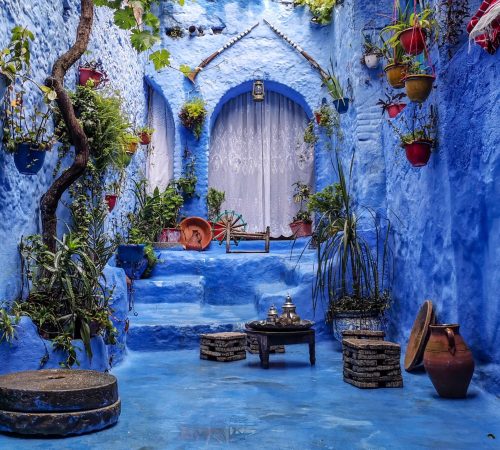
The Most Famous Attracting Cities in Morocco
combination of imperial cities ,contemporary cities that visitors fall in love with after visiting it.
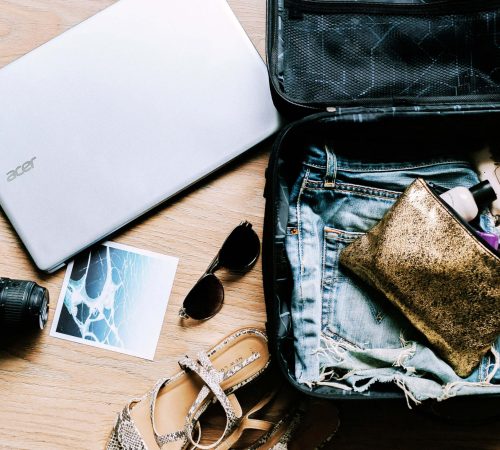
What to Pack for Morocco By Season
whether you coming on Spring/fall, Summer or Winter, Check all the Tips to consider While you Packing for your Journey in Morocco
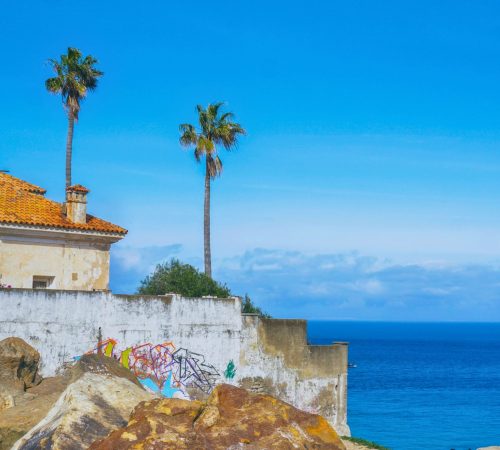
When is the best time to Visit Morocco
Any time during the year Could be the best time to visit Morocco, Due to the Amazing Weather in all of corners of Morocco
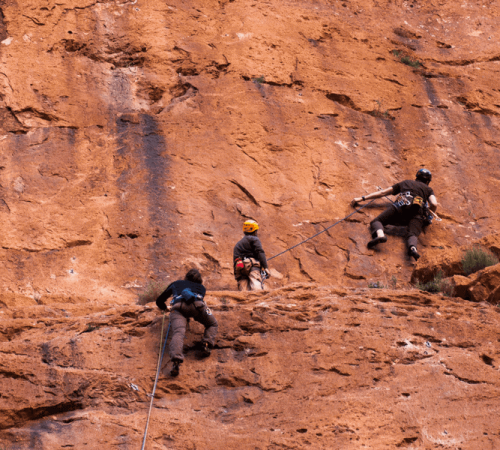
The Most Famous Sports in Morocco
Don't miss the chance to practice your favorite Sport While you travelling and discovering. Land sports , Water Sports ..
Most frequent questions and answers
Morocco is a welcoming destination, however, some countries need visas to get into Morocco. For most foreign nationals, such as Americans, Canadians, Australians/New Zealand, Europeans, and other passport holders, in length is restricted to three months (90 days), If your stay is longer you will need to apply for an extension visa with a local police station. Read More
Tourism in Morocco is growing at an incredible rate. Because of this, the level of security in the country is upgraded every year. The Moroccan government dedicates a lot of resources, especially human resources, to ensure that the tourists are safe while they are in Morocco; this includes tourist police and highly competent guides. And therefore Morocco is a safe country to travel to, and it’s regarded as one of the most stable countries in North Africa and the Middle East. Read More
The official currency of Morocco is the Dirham commonly represented by the symbol (DH) and consists of coins and banknotes, and it’s a closed currency, meaning that technically you can’t buy or sell it outside of Morocco, So you’ll need to wait until you arrive in Morocco to exchange your cash (currency) to Dirhams. Read More
Ramadan is a month-long Islamic holiday. A sacred month is when people fast, which is not limited only to food, but also includes water or any drinks, cigarettes, and even sex. Muslims fast from dawn till dusk, They eat a meal before sunrise (Suhor) and break their fasting after sunset (Iftar) with friends and family. This holy month follows the lunar pattern, so it moves 10 days forward on the Gregorian calendar every year.
Many travelers tend to avoid coming to Morocco during this sacred month when Most shops and restaurants get closed and most of the streets are empty. But the thing is that the shops, restaurants, hotels, bazaars, and everything with tourist interest are open and working during this time of the year. Read More
It’s a good idea to have travel insurance, to protect you from unforeseen scenarios for your Morocco Tour. It is something we hope you will never need, but you will eventually. It covers those minor incidents, such as losing your items breaking your camera, or covering an emergency while you are traveling.
Traveling is one of the most exciting experiences, so don’t end up losing all the money you own and have invested in your vacation by not having travel insurance.
Dressing decent and shy is a nice thing to do, especially for women to show respect to the inhabitants of Morocco because some of them consider a short dress that reveals much of the body disrespectful, especially in villages, small towns, and holy places.
Taking pictures is one of the things you should know about while you are in Morocco. So if you want to take pictures, you should ask first because some people don’t like it, and some of them are payable, for example, the snake charmer (in Jamaa Alfna at Marrakech) if you want to take a picture it will cost 20 DH or maybe more.
The Internet in Morocco is readily available and reliable. The majority of “Riads” and hotels or even restaurants have Wi-Fi. Usually, Wi-Fi is best in the public areas of the Riad or the hotel, like the central courtyards.
Skype should work just fine for you if you’d like to make calls at home, so traveling with your laptop or tablet would be nice. Read More
Any time during the year is a great and suitable time to visit Morocco, depending on how you like things to be; warmer, colder, or just cool nice, and depending on what you planning to do too.
If you come around in Spring or Autumn, you will enjoy the warm and pleasant weather all across Morocco not just in the North (the amazing spot for Nature lovers).
It can be very hot in Summer but the nights can be cold because the temperature drops and tends to plummet.
In the Winter between November and January, the Peaks get full of snowfall, which is the best time to visit Morocco for skiing and enjoy the snow in the little Switzerland Of Morocco ” Ifrane”. Read More
